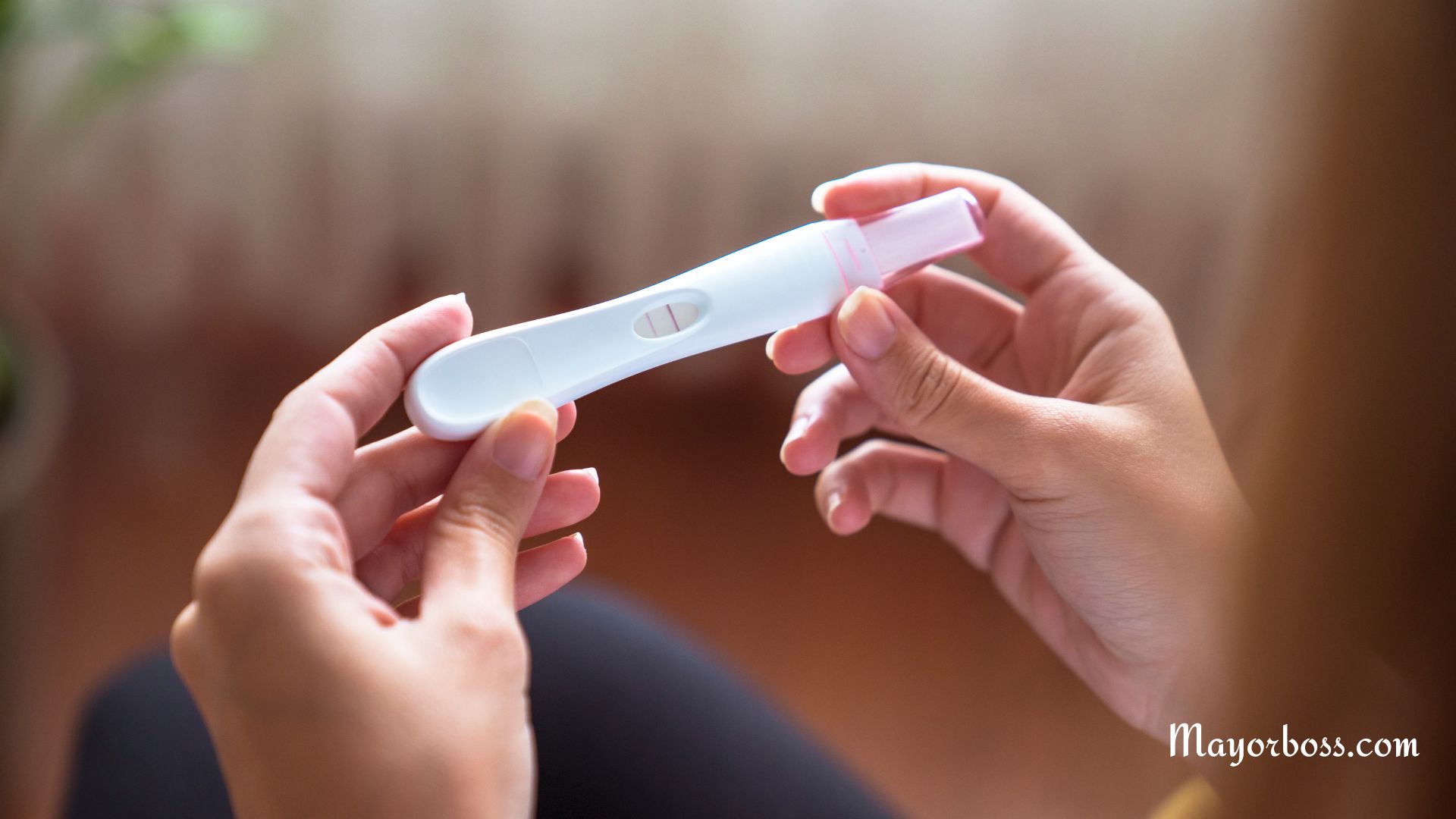Can You Get Pregnant and Still Have a Period?
This is a common question that often causes confusion and concern. The short answer is no. You cannot be pregnant and also still have a period. However, you can have other bleeding that could look like a period. Understanding the nuances of the menstrual cycle and how it relates to pregnancy is crucial for anyone looking to manage their reproductive health. Let’s delve into this topic to clarify some key points.

Understanding Menstrual Cycle and Pregnancy
To understand the relationship between getting pregnant and having a period, you need to know a few basics about the menstrual cycle and conception:
- Ovulation: This occurs when an egg is released from the ovary, typically occurring around the middle of your menstrual cycle. It’s the time when you are most fertile.
- Menstruation: A period, or menstruation, is the shedding of the uterine lining and occurs if the egg released during ovulation is not fertilized.
Can You Have a Period While Pregnant?
- Bleeding During Pregnancy: While you cannot have an actual menstrual period during pregnancy, some women do experience bleeding. Most of the time, this bleeding can be mistaken for a period but usually differs in duration and intensity.
- Implantation Bleeding: This can occur in the early stages of pregnancy when the fertilized egg attaches to the uterine lining. It’s usually lighter and shorter than a regular period.
- Other Causes of Bleeding: Various factors, like hormonal changes, cervical irritation, or complications like ectopic pregnancy, can cause bleeding.
Distinguishing Between Period and Pregnancy Bleeding
It’s important to differentiate between menstrual bleeding and other types of bleeding during pregnancy:
- Timing: Implantation bleeding usually occurs around the time you would expect your period, but it tends to be lighter and shorter.
- Flow: Bleeding due to other factors during pregnancy might be light or heavy, but it’s different from menstrual flow.
- Symptoms: Pregnancy-related bleeding might be accompanied by other pregnancy symptoms like nausea, food cravings, frequent urination, or breast tenderness.
Key Points to Remember
- Regular Periods and Pregnancy: If you’re having regular, normal periods, it’s unlikely you’re pregnant.
- Pregnancy Tests: If you suspect pregnancy, a home pregnancy test can provide quick answers.
- Consult a Healthcare Provider: If you have bleeding during pregnancy or if you’re uncertain about your symptoms, it’s essential to consult a healthcare professional.
Frequently Asked Questions
Is it normal to bleed during pregnancy?
Light bleeding can be normal, but it’s always best to consult a healthcare professional to ensure both your safety and the baby’s.
Can you ovulate without having a period?
Yes, it’s possible to ovulate without having a period, particularly in cases of irregular menstrual cycles.
Should I take a pregnancy test if I’m bleeding?
If you suspect pregnancy, taking a test can be a good idea, even if you’re experiencing bleeding.
Remember, while you can experience bleeding during pregnancy, it’s not the same as having a menstrual period. Staying attuned to your body’s signals and seeking medical advice when uncertain are key steps in managing your reproductive health.
